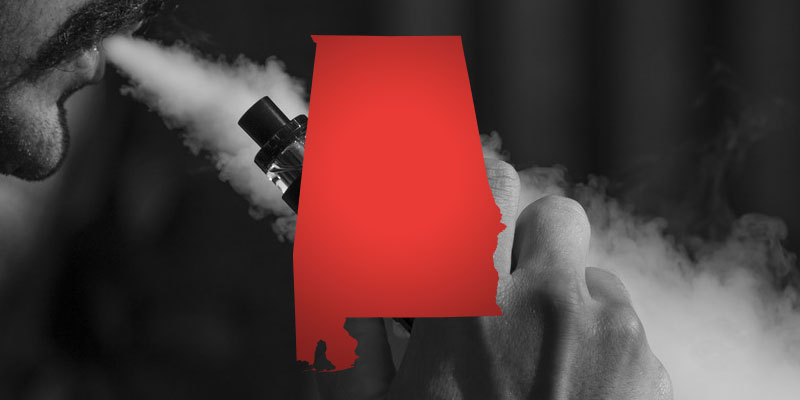As of Belgium has implemented a new tax policy that significantly impacts the e-liquid industry. Vapers and businesses alike are navigating through these changes, and it’s crucial to understand the implications of this new taxation system.
The Basics of Belgium’s New E-Liquid Tax Policy
Under the updated policy, a specific tax structure has been introduced for e-liquids, affecting both local manufacturers and imported products. The taxation is based on various factors, including nicotine content, volume, and packaging. This move is part of Belgium’s broader strategy to regulate the vaping industry and address public health concerns related to e-cigarette usage.
Key Changes and Adjustments
1. **Nicotine Content Classification:** E-liquids are now categorized based on their nicotine content, with different tax rates applied accordingly. Higher nicotine concentrations may incur a higher tax.
2. **Volume and Packaging:** The new policy considers the volume of e-liquid and its packaging. Larger containers and bulk purchases may be subject to different tax rates.
3. **Local Manufacturing vs. Imports:** Local manufacturers and importers will need to comply with the updated tax structure. This includes accurate reporting of production volumes and sales to ensure adherence to the taxation guidelines.
Impact on Vapers and Businesses
The introduction of this tax policy has sparked discussions within the vaping community. Vapers may experience changes in pricing and product availability, while businesses are adapting their strategies to comply with the new regulations. It’s essential for consumers to stay informed about these changes and for businesses to adjust their operations accordingly.
Belgium’s decision to implement a new tax policy reflects the ongoing global effort to regulate the vaping industry and address public health concerns. As with any significant policy change, there will be an adjustment period for both businesses and consumers.
For the latest updates and detailed information about Belgium’s new tax policy on e-liquid, it is recommended to consult official government sources or seek guidance from legal professionals well-versed in vaping regulations.


